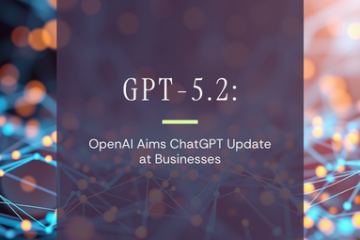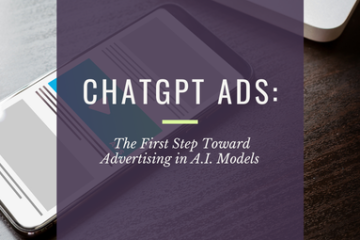
The Five Most Key Takeaways from This Blog Post
- Though by most people’s calculus the risk–reward of publishing A.I.-generated reviews would seem to be too risk-heavy in final analysis to really consider doing, there are indeed some notable high-profile examples of this.
- Before going into those high-profile examples, it is worth giving an elevator-pitch-length rundown of why resorting to A.I.-generated reviews for mercenary ends will harm a business’ reputation: the practice is deceptive and will erose consumer trust in your business if you are found out. (The writer of this blog post hopes that no mover and/or shaker reading this blog post takes the phrase “if you are found out” as being written with an attendant wink suggesting “just don’t get caught”, or as like some sort of twisted dare.)
- One high-profile example is that the news-media conglomerate Gannett (do note the extra “t”) is shutting down its reviews site Reviewed after an investigation found that some of the reviews were fake. Attribution to the fake reviews went to fake people, with profile pictures that could be found on A.I.-image sites. (The motivation here is that reviews sites sometimes get kickbacks from purchases that the reviews site led to.)
- Yet another high-profile bungle was a Hollywood movie trailer littered with A.I.-generated fake quotes from reviews. What was worse here was that the quotes were actually attributed to real human reviewers, such as the queen of movie critics (in this writer’s estimate, at least) Pauline Kael.
- Of course, there are obviously some mercenary appeals for business owners to engage in such a practice to boost their businesses’ very own products and services. Namely, to drown in a sea of A.I.-generated white noise any of the less-than-stellar reviews that may populate, say, the businesses’ Google My Business profiles’ reviews sections.
The Impact on Consumer Trust
So there is something to consider for business owners that would never even dream of plugging some A.I.-generated reviews onto a landing page of Google My Business profile. That being, the risk that judicious customers will become increasingly aware that A.I.-generated reviews may become more widespread.
So obviously that affects every business in the digital-marketing sphere, which is unfortunate. A potential mitigatory force could be a growing adoption of A.I. watermarking, but that is more complicated than it would at first seem.
Surely, the reason for this erosion in trust is, as the second bullet point in the above Key Takeaways section pointed out, that people see such a practice as clearly deceptive.
This perception of deception stems from the fact that the reviewer is not real, and so the purchase-lure of the review is not founded on an actual experience with the product or service in question.
Like the huckster who swears by the product the huckster clearly never actually uses, people do not buy what A.I. is trying and failing to sell them.
A Marketing F-A.I.-lure
Let’s go deeper into the example of the Hollywood marketing scheme that involved A.I.-generated fake quotes.
This writer thinks it is worth mentioning that the marketer deemed ultimately responsible for that trailer’s A.I. flub was taken off the project.
The unusual thing about this example is that the quotes were actually negative, but in the context of the trailer were obviously meant to perform some reverse-psychology function of getting the viewer to dismiss any negative press of the sort in those quotes. (Marketing can be pretty layered, at times, which is why it remains so effective in such a media-dominated age as ours.)
The trailer was actually pulled after it drew enough controversy about the A.I. reviews in the trailer. Again, this writer believes that the reason consumers rage against this practice is that it understandably strikes consumers as manipulative.
Apparently the marketer behind this snafu did not know that the reviews, which is an almost comical level of lazy oversight (in the “failure” sense) given that the movie has a nine-figure budget.
So, another upshot for business owners is to always fact-check what A.I. generates.
The Final Key Takeaway
A.I. may offer plenty of temptation to a business owner who is looking to boost the business’ reputation online, but the risks are simply too high to be worth it. If you need convincing on that point, then just consider the cases of the Hollywood movie-trailer debacle and Gannett’s closing of its reviews site.
Other Great GO AI Blog Posts
GO AI the blog offers a combination of information about, analysis of, and editorializing on A.I. technologies of interest to business owners, with especial focus on the impact this tech will have on commerce as a whole.
On a usual week, there are multiple GO AI blog posts going out. Here are some notable recent articles:
In addition to our GO AI blog, we also have a blog that offers important updates in the world of search engine optimization (SEO), with blog posts like “Google Ends Its Plan to End Third-Party Cookies”.





